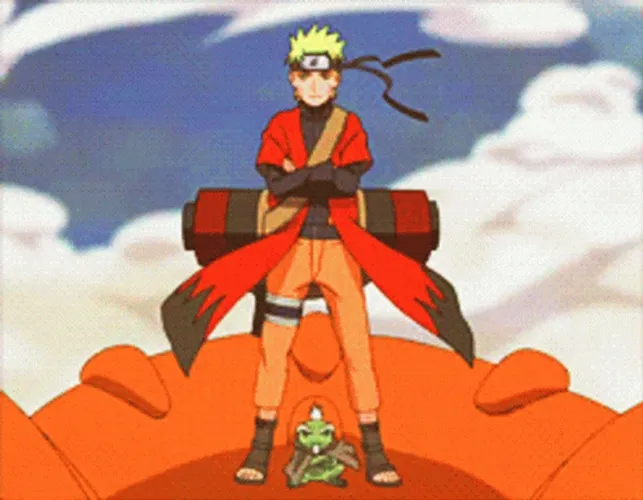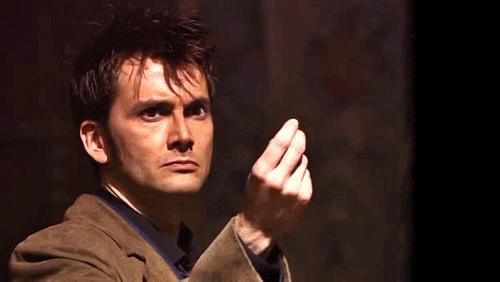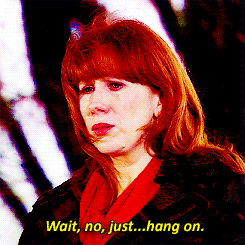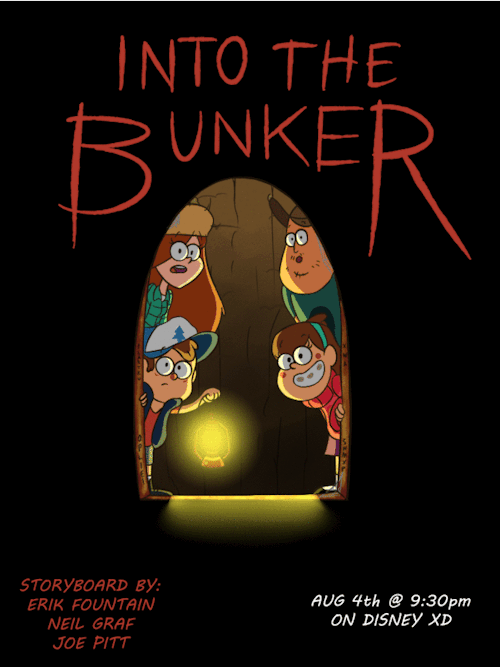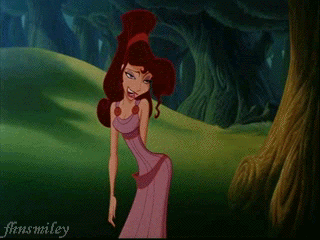You would be relatively hard pressed, especially within the topic spaces of science fiction and fantasy, to find narratives that do NOT hinge around the actions of a villain. The Lord of the Rings has Sauron. Harry Potter and the [ALL OF THEM] have Voldemor…He-Who-Must-Not-Be-Named. Star Wars has Darth Vader, the Emperor, Kylo Ren (sorta), and Snoke (for roughly 8.2 seconds). The Lion King has Scar. The Little Mermaid has Ursula. I could, quite literally, go on for days. We often judge a story on the quality of its villain. For example, the Marvel Cinematic Universe’s most recurring critique (at least in the circles I frequent) is its lack of good, engaging villains. And I agree with that wholeheartedly.
We remember their songs (“Be Prepared,” “Poor, Unfortunate Souls,” “The Hounds,” etc.) and sing them wickedly at one another. Surely, by every bit of evidence we can muster, villains are crucial parts of their stories. I’ve been sticking with more fantastical and whimsical narratives with my examples, but for the sake of the exercise, I’ll provide a brief list of more “realistic” villains as well:
- Nurse Ratched, One Flew Over the Cuckoo’s Nest
- Anton Chigurh, No Country for Old Men
- Keyser Soze, The Usual Suspects
- Moriarty, [Take Your Pick of Sherlock Holmes Adaptations]
- Commodus, Gladiator
- Iago, Othello
- Big Brother, 1984
- and countless more.
Most writers pride themselves on the villains they’ve created. I see posts on a weekly basis with people detailing the gleevil (that’s gleeful+evil) activities of their antagonist. Many of the writing prompts that circle Writer Twitter revolve around these devilish dastards as well.
All of this goes to say, WE LOVE VILLAINS. We love having someone to hate. Someone to root against. Someone to despise.
So I wrote a novel without one.
Yes, you read that correctly. My most recently created novel, the one I’ve been describing in my recent posts about my Indigenous ancestry and diversity, has no villain at all.
Stop, for a moment, to think about what that means to you. When you read that a story has no villain, what is your immediate response?
If you’re anything like me, I would guess that you may immediately suspect that the story has no real tension or conflict. That a series of gray, murky happenings occur from beginning to end. You may even believe that the story will be unremarkable altogether. After all, what would Star Wars be with Darth Vader? What would Batman be without the Joker or any of his other panoply of evildoers? Would Harry Potter’s adventures have been anywhere near as interesting if Voldemort had never existed? If he had gone to school in the wizarding world as normal and that was that?
A story without a villain can’t be as driving or meaningful as one without; you may be thinking.
And, my dear friend, you would be wrong. The most important part of a villain–any villain–is the hero they oppose. The best villains define their heroes. In Darth Vader, we catalyze the narrative of Luke. In Voldemort, Harry. And so on. Without their villains, these characters would not exist as they are.
But what of a hero conceived without a villain at all? What if the primary conflict of the novel, beyond stunning adventures and overcoming a world of primordial spirits, came from the hero’s struggle to find herself? If a villain’s primary purpose is to challenge and define the hero throughout the story, why couldn’t we remove the villain and use the entire story to achieve the same?
Of course, doing so requires a hero capable of standing alone: bearing the entire weight of the reader’s attention unceasingly without withering into shallow 2D affectations. It takes a character who feels real.
Because what’s more real than an adventure without a villain?
I cannot speak for everyone (and wouldn’t try to), but I believe it’s safe to assume that most of us do not have a personal Sauron, Joker, or Darth Vader. Antagonists come and go through our lives, but none that persist in defining us throughout our entire existence. Instead, we define ourselves across this longer journey. We make choices, mistakes, and efforts to improve. We succeed and fail. We grow. We falter.
In the story of our lives, the greatest “villain” we ever face comes from within: our fears, insecurities, and failings. We use art to conjure faces and catchy names (“Dr. Doom,” “Sinestro,” “Venom”) for these pervasive battles. We create villains to embody our struggles. But this once…just this once, I wanted to create something fantastical that allows a character to face her fears and insecurities without attaching a brooding intellect to them. I wanted a hero who overcame herself, just like we all do as we grow into better people.
And that’s why Iri and the Spirit World is my favorite thing I’ve yet written. Because it’s strange and weird and wonderful.
Because it’s real.

